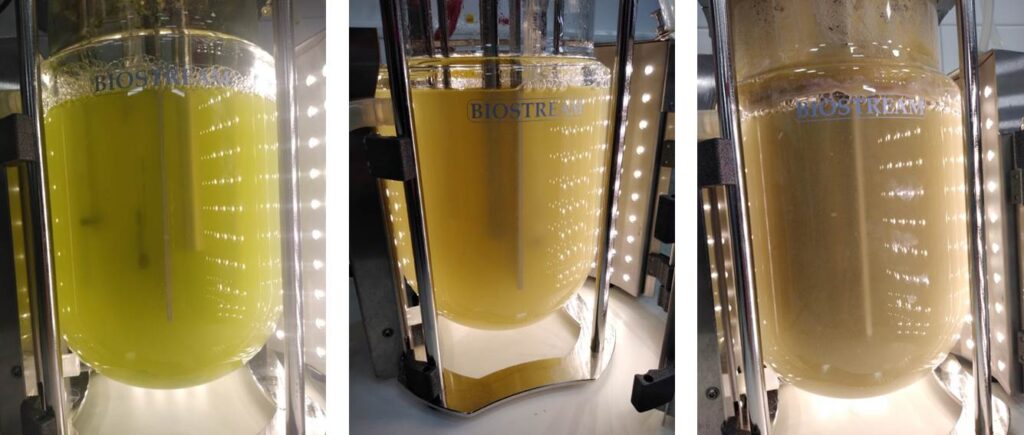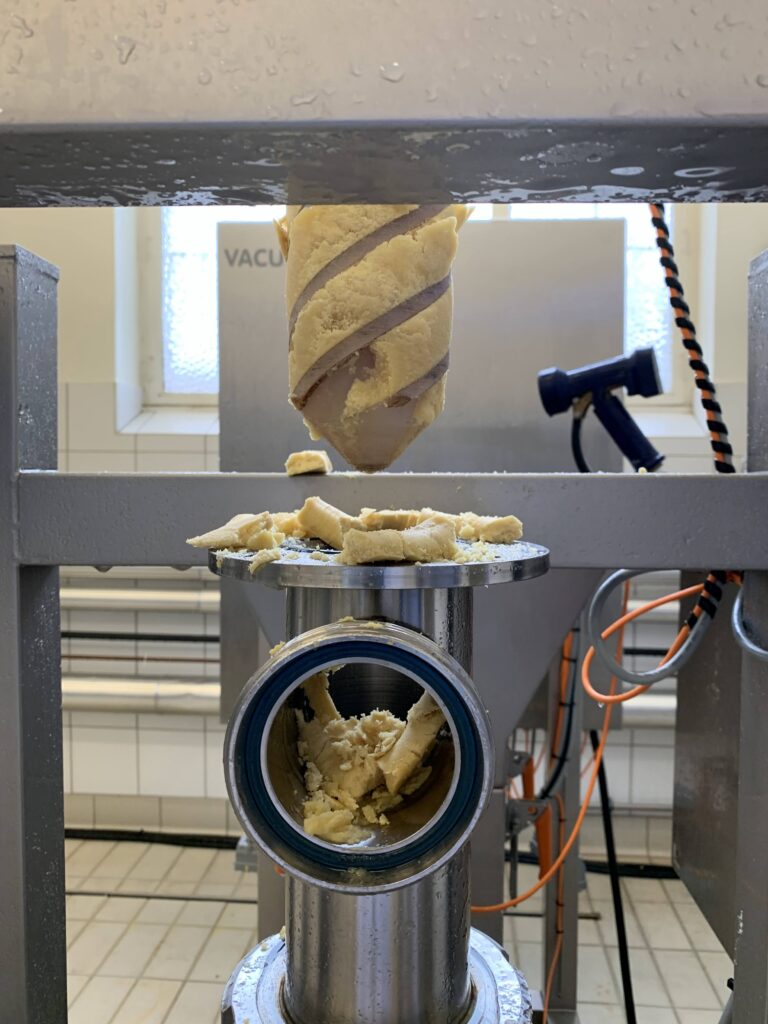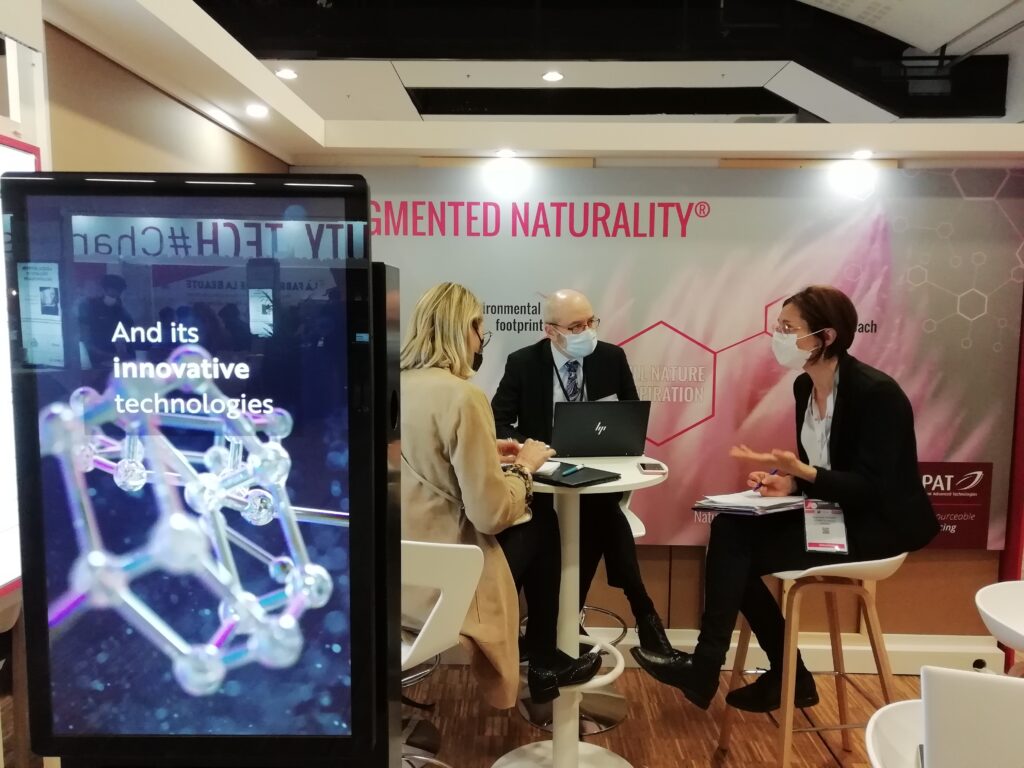InnCoCells has made significant progress in its first 12 moths
We have cultivated diverse plants and plant cells at a variety of scales using multiple technologies and have tested our first pilot-scale downstream processing system, as well as launching an extensive dissemination, communication and exploitation programme
Image credit: lychees by B. Navez (CC BY-SA 4.0)
Progress after 12 months - plants, roots and cell lines
The EU-funded InnCoCells project has made substantial progress in all active work packages. In the technical work packages addressing upstream production, we have selected 50 plant species listed in the CosIng and IECIC 2021 databases with a strong potential to produce bioactive ingredients. We have tested them by attempting to establish cell lines, hairy root cultures, and aeroponic systems. Cell suspension cultures representing several of these species are currently being optimized for larger-scale cultivation under different conditions that favor the production of specific metabolites.
The picture below from our partner Arterra Bioscience shows callus tissue and cell suspension cultures established from four of our target species (left to right: common jasmine, lychee, tree peony and American cranberry).
We are also scaling up plant cell cultures that are already grown in the laboratory, and several cell lines have been cultivated successfully at scales of 2-40 L.
The picture below from our partner LIST shows three different large-scale cultures of plant cells.
Other species have been cultivated in aeroponic plots with an area of 20 square meters, and in larger field trials. We are also scaling up the growth of cell lines from pitaya, tomato and several apple varieties, and have developed scale-up plans for scurvy grass and willowherb. We have also prepared three new field plots and have completed the first planting of geranium.
Progress after 12 months - downstream processing
In the technical work packages addressing downstream processing, biomass feedstocks have been selected for stabilization and initial extraction. Some of the feedstocks are based on industry waste streams, such as clary sage biowaste. Others are based on cultivated plants or plant cells. We have tested our first pilot-scale downstream process on apple cell cultures.
The pictures below from our partner EVILVO show a pilot-scale spiral filter press, which can process 40 L of apple cell culture and capture 1-2 kg of cell biomass. The solid material is now ready for extraction to produce pure cosmetic ingredients!
We have established standard operating procedures for extraction and bioactivity assays, and sustainable downstream processing methods have been discussed with technology providers. Initially we are focusing on hydrophilic and lipophilic extracts, as well as supercritical carbon dioxide extraction. The chemical analysis of a series of plant materials to evaluate their bioactive components is already complete.
Dissemination, communication and exploitation
Our dissemination, communication and exploitation activities have also flourished over the first 12 months. Having completed our plan for the dissemination and communication of results (including an exploitation plan), we have established a Stakeholder Group to ensure the project remains focused on market needs. Our dissemination and communication measures include this website and our social media accounts, which can be accessed via the icons at the top of the page. We have also produced project leaflets, newsletters, press releases, a podcast series and an InnCoCells Academy that offers seminars covering the scientific and technological basis of the project, all of which can be accessed via our Resources page. We have joined the AIMS Cluster to explore common activities with other projects funded under the same topic. Finally, we have presented our work at various conferences and exhibitions, including multiple events involving the cosmetics industry.
Examples include our partner PAT at Cosmetic 360 (October 2021, Paris, France)…
…and our partner Cosmetic Valley at the International Congress of Cosmetopoeia (March 2022, Cayenne, French Guiana).






